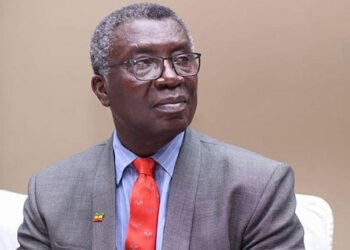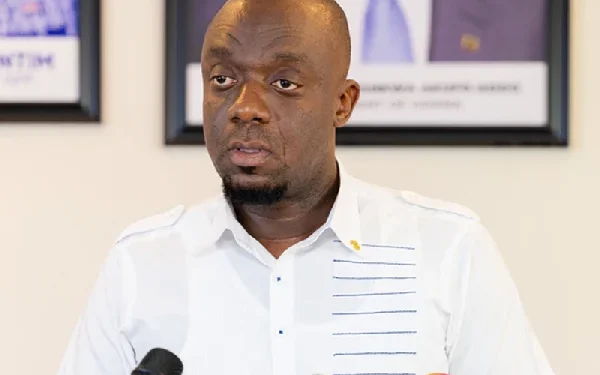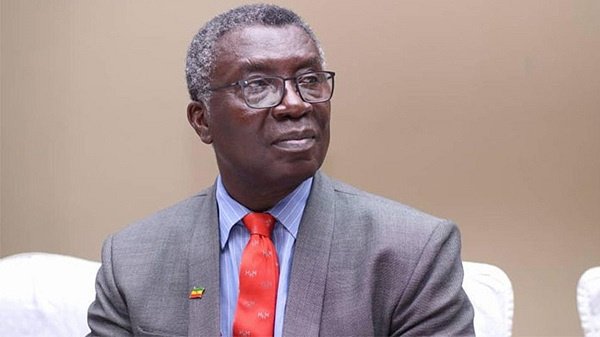In a detailed assessment of the President Mahama administration’s recent restructuring of government ministries, Dr Theo Acheampong, a seasoned Political Risk Analyst and Fellow at the IMANI Centre for Policy and Education has lauded the initiative as a significant step toward achieving greater governmental efficiency.
Dr Acheampong highlighted the reduction of ministries from 30 under the previous Akufo-Addo administration to 23, representing a 23% cut, as a move with the potential to streamline governance.
“On 9 January, the Mahama-led administration introduced a list of 23 ministries, a reduction of 7 (23%) from the 30 under the erstwhile Akufo-Addo administration. I am particularly excited about three of them”.
Dr Theo Acheampong, a seasoned Political Risk Analyst and Fellow at the IMANI Centre for Policy and Education
These ministries according to the renowned policy analyst include the Ministry of Energy and Green Transition, the Ministry of Youth Development and Empowerment, and the Ministry of Trade, Agribusiness, and Industry.
He pointed out that these ministries reflect forward-thinking priorities, especially with a focus on sustainable energy, youth development, and agribusiness as critical pillars for national growth.
Recommendations for Further Consolidation
While commending the initiative, Dr Acheampong proposed further consolidation of specific ministries for enhanced efficiency.
Notably, he suggested merging the Ministry of Food and Agriculture with Fisheries and Aquaculture, assigning deputies for agribusiness and fisheries.
He also recommended combining the Ministry of Transport and the Ministry of Roads and Highways into a single entity to avoid duplication of responsibilities and foster integrated transport development.

Addressing concerns about potential job losses arising from the restructuring, Dr Acheampong clarified that most workers in the affected ministries are unlikely to be dismissed.
Instead, he pointed out that these workers would be reallocated to other ministries and departments to ensure the continuity of government operations.
However, he stressed the need to prioritize recruitment for sectors with significant deficits, such as education and healthcare. “We need more teachers and doctors in the big-budget ministries like education and health,” he noted, emphasizing the importance of aligning human resource deployment with national priorities.
Achieving Efficiency Savings
Dr Acheampong underlined that meaningful efficiency gains would not primarily come from payroll cuts but from reforms in capital expenditure and goods procurement.
According to him, these areas are often plagued by corruption and inefficiencies, making them ripe for systemic interventions.
“This is where systems thinking and an aggressive pursuit of value-for-money measures become critical,” he emphasized. He urged the government to focus on eliminating procurement malpractices and ensuring transparent capital investment processes.
The analyst also flagged potential revenue challenges resulting from planned consumer tax cuts, such as the e-levy and COVID-19 levy.
These cuts, while providing relief to citizens, may tighten government finances, necessitating even greater efficiency in expenditure management.
Dr. Acheampong’s analysis serves as both an endorsement and a cautionary note for the Mahama administration.
While commending the government’s bold steps toward a leaner executive, he urged a relentless focus on fiscal discipline, transparency, and strategic resource allocation.
READ ALSO: President Mahama Meets IPPs to Reform Ghana’s Power Sector























